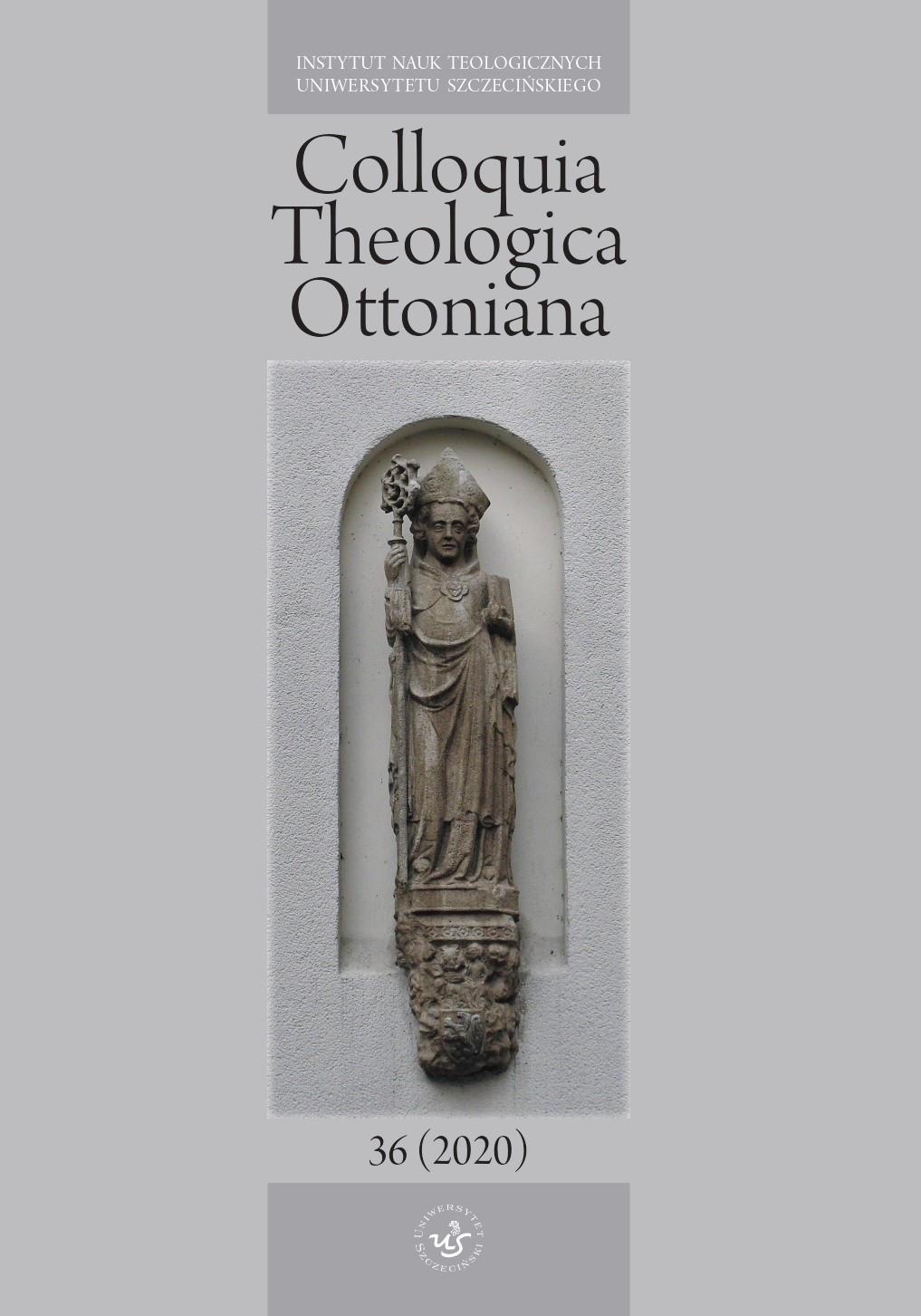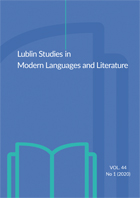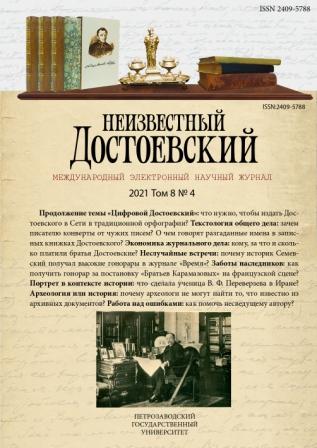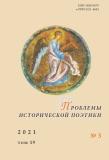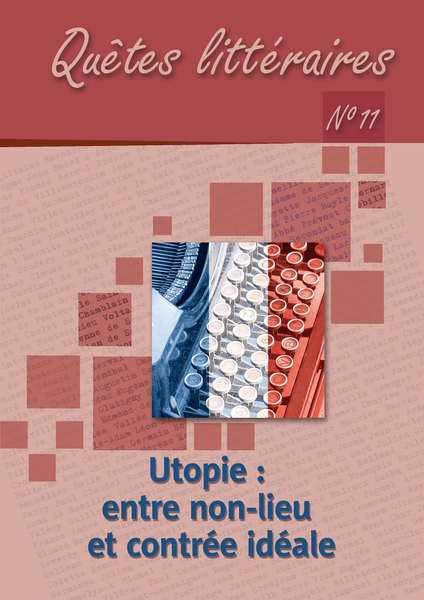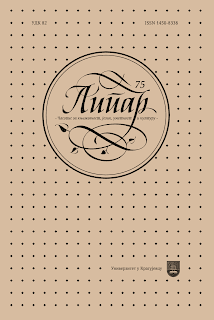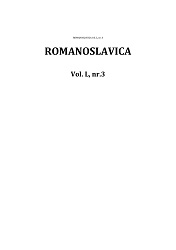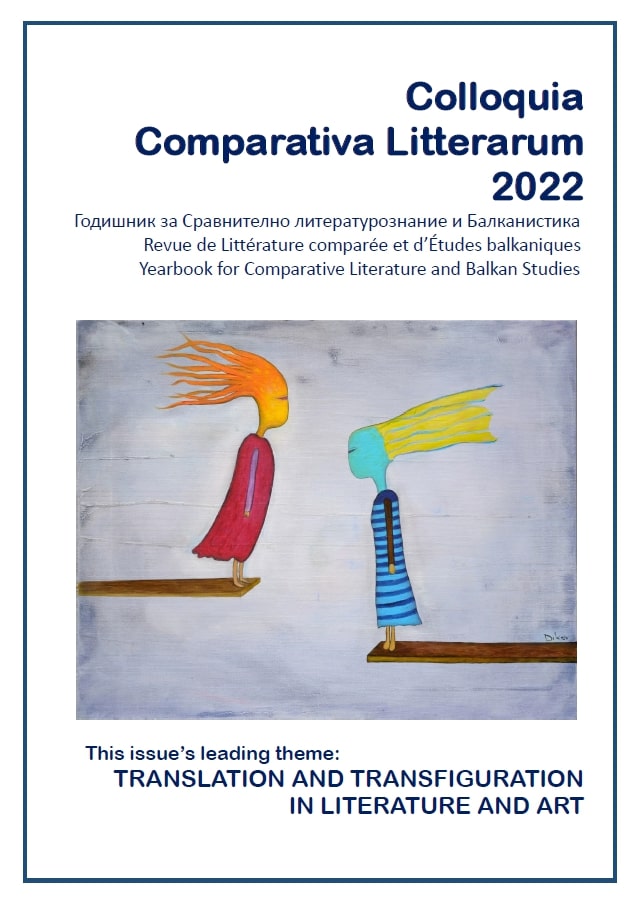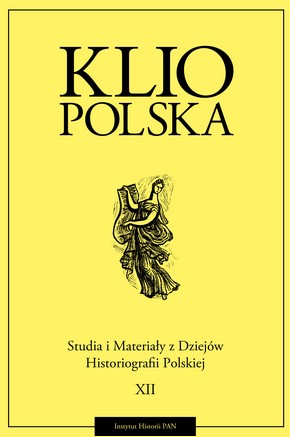
Le noble, le serf et le révizor: Daniel Beauvois w Bibliotece „Kultury”
This article presents the person of Daniel Beavois – a distinguished student of the Polish-Russian-Ukrainian relations in the post-partitioned era – and his contacts with the editors of the Paris ‘Kultura’. The author’s concern is also with the question of how Beavois’ work on the Polish nobility in Ukraine in the years 1831–63 was received among Polish post-war exiles, and with Beavois’ postcolonial diagnosis that emerged on the margins of his research and concerned the tensions to which Polish national identity was subject in Poland’s old eastern borderland (the so-called Kresy).
More...
